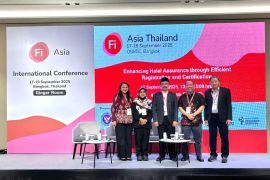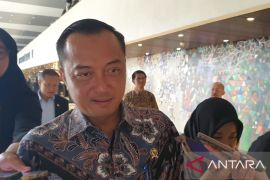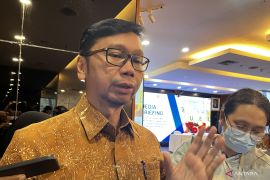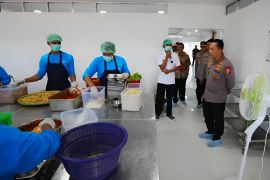Dr. Terence Chong, senior fellow of the Institute of Southeast Asian Studies (ISEAS), said here, the issues of transparency and accountability concerned more than financial dealings but also decision-making processes and responsibility to disadvantaged communities.
Chong said CSOs can afford to do better in the area of transparency and accountability so that their non-registration with the state will not relieve them of their responsibility arising from their reluctance to reveal administrative and organizational inefficiencies.
"In light of better educated and more demanding citizens and stakeholders, CSOs will face growing pressures to be transparent and accountable," Chong told a media gathering held in connection with the coming 19th ASEAN Summit in Bali next week.
He said that CSOs without a strong culture of professionalism or clear decision-making processes will find it increasingly difficult to secure funds, both national and international, as well as support from other CSOs.
Though diverse in experience, civil society in Southeast Asia may be said to have played a variety of roles from doing advocacy work, delivering public services, shouldering custodial responsibility, and monitoring state institutions, he said.
In addition, Chong said, CSOs have also been crucial to the representation of marginal communities, the protection of the environment, and the raising of public awareness over issues such as gender, education and health as their challenges.
This is important given that CSOs have to engage more frequently with the state and cosmopolitan shareholders who may be outside the community.
The second challenge is the on-going competition for funds. This challenge is more serious for CSOs that have long been dependent on international funding. Changing geopolitical interests have meant that international donor agencies have re-prioritized their allocation of funds.
According to the respective country reports, Brunei has about 727 registered societies, Cambodia has 1495 registered NANGOs, Indonesia has about 9000 registered CSOs, Laos has around 250 NGOs and NANGOs, Malaysia has approximately 58,738 registered societies and Myanmar estimates the number of NANGOs to be between 300 and 2000.
The Philippines has 115,331 registered CSOs, Singapore has about 7111 registered societies; Thailand has an estimated number of 13,179 CSOs and Vietnam has around 4157 professional association.
(T.SDP-011/HAJM/S012)
Editor: Priyambodo RH
Copyright © ANTARA 2011











